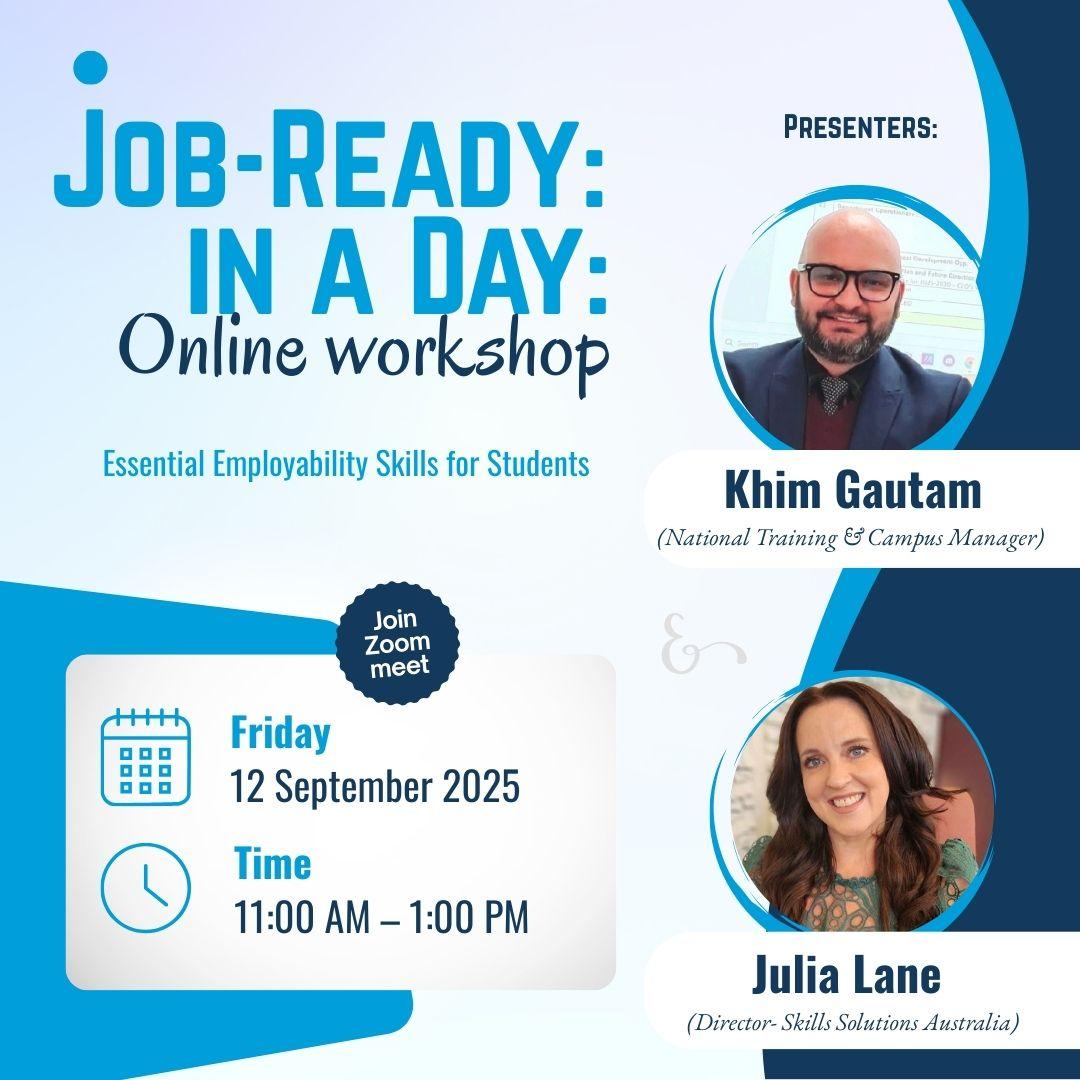According to Steve Jobs, “The only way to do great work is to love what you do.” Therefore, if you decide to build a business based on what you love, you are more likely to make it work. Whether you already have a side hustle, or a personal project that you want to expand, there is a way to turn it into a successful small business. Here, we explore how you can turn your passion into profit!
Start small
Don’t leap headfirst into your new venture without a small-scale testing phase. Start with a few sales and some basic marketing and use this to gauge the market and make product adjustments. Don’t spend all your money on an untested plan. Once you can see how the business will work, you can start scaling up, increasing your output and watching your business grow.

Think about what else you can offer
If you’re selling a product or service, consider other things you could sell to increase your relevance to your target market and boost your profits. For example, you could create video tutorials or hold workshops. Or maybe you could design other products and upsell.
When you’re building a business, you think about what needs your product fulfils. However, this need may change as societies and markets do. Therefore, you should always consider new ways that you can serve your customers. By doing this, you expand your operation and futureproof your business.
Find your niche
In marketing, who you don’t sell to is just as important as who you do. In other words, identify your market and find your niche.
Luckily, because you’re passionate about what you do, you probably understand the market reasonably well. You may be involved in social media groups, subscribed to magazines or enrolled in workshops. You know what you do, who else is interested in it and who isn’t. You also know the problems your small business could solve. This is all crucial in helping you find your niche.
You can also find your niche by researching your competition. In doing so, you can see what you offer that others don’t, and you can identify the gaps in the market.
Understand how you can make money

Even though your business is a passion project, it still has to make a profit. After all, without profit, your business can’t survive.
Take a look into possible revenue streams, calculate your expenses and explore your diversification options. Also think about what you could get for free: can you get anything from friends and family or through a trade exchange? Consider how you’re going to make money, how much your time is worth, whether you need funding and how long it will take to turn a profit.
By considering all of the above, you can start putting together a business complete with a thorough financial plan.
Understand your industry
There are a few things to look at when researching your industry:
- Who else is doing what you do?
- Who are your biggest competitors?
- What has gone before?
- What can you offer that no one else can?
- Who are the customers?
If you have analysed each of these points, you have completed your first market research. Understanding your industry will help you meet your customers’ needs and find the area of the market that is perfect for your small business.
Get to grips with the figures
A strong company doesn’t work without an understanding of the financials. But luckily, you can learn this. Here are a few of the most essential figures you need to know:
Profit – the easiest way to measure your success. If you don’t know this, you won’t know how much you’re earning, what you can reinvest and whether your business can grow.
Revenue and sales – how much money you bring in and how much you sell. This is the foundation of your business and a vital area to track.
Total expenses – everything that you spend. Many businesses fail to understand the extent of their costs. Expenses doesn’t just include spending on stock; it also includes wages, marketing, research, development, rent, bills and many other costs.
Price – how much your product (and you) should cost in the current market. You need to consider supply and demand and how your product compares to other. Also consider your price, meaning how much an hour of your time is worth.
Of course, there are other financial areas to consider, but these will form the foundation of your company’s accounts.
Identify your customers
Who are they? How old are they? Where do they live? When you know this, you can adapt your product and marketing to meet what your customers want. For example, if your customers are young, you might want to ensure that your product is affordable to those in school or entry-level jobs. You would also want to harness social media in your marketing efforts.
You can identify your customers in several ways:
- By requesting feedback from customers
- By conducting focus groups
- By listening to customers on social media
- By doing keyword research
Once you know your customers, you can speak to them directly. As a result, you will enjoy higher conversion rates, greater profits and happier customers.

Draw up a business plan
A thorough business plan could be what turns your small business into a massive success. Your business plan will outline what you do, how you intend to go forward and what you hope to achieve. Once you have identified how your business will operate, you will gain a sense of direction that will help you prioritise tasks. You could also use the plan to secure financial backing.
So how do you write a business plan? We’ve got the basics right here:
- Identify what your product or service is, who it’s for and what its purpose is.
- Research. As we mentioned before, research can help you identify who your customers are, what the market is like and what financial support you need.
- Update your finances and make a plan for what your money situation will look like going forward.
Be willing to work long hours – but set boundaries
Research conducted by Prospa found that small business owners were working longer hours than most other workers. According to the study, 10% of small business owners report working over 50 hours a week and 16% put in over 60 hours. This means that over a quarter of small business owners work well over the typical 40-hour work week.
Prospa’s research also demonstrated that starting and running a small business takes a lot of time and effort. However, you need to set boundaries for yourself. Despite this being your passion project, you need to ensure that you stay healthy and know when to take time off. After all, if you become stressed or sick due to over-working, your business could feel the effects. Find a work/life balance that works for you and you’ll be well on your way to success!
Commit to continuous learning
Every day is a school day, no matter how experienced you are. If you are willing to learn, you will keep up with the latest trends, adapt to market changes, and out-manoeuvre the competition.
Continuous learning can happen in many ways, such as:
- From blogs, YouTube and books
- From online courses (paid or unpaid)
- From college and university courses
- From those who you work with
So many learning opportunities are completely free and offer great returns for your time. However, if you wanted to gain an industry-recognised qualification then a university or college course would be most beneficial. Enrolling in college could help you meet like-minded people, improve your resume and equip you with the knowledge to build your business. And you don’t even have to attend class – lots of colleges allow students to study from home and fit their studies around their work commitments.
By committing to continuous learning, you will build a small business that is backed up with extensive knowledge and know-how.
Surround yourself with the right people

Starting a business can be a scary prospect, no matter how much you believe in it. But surrounding yourself with supportive, like-minded people could make all the difference. You may find these people in your friends and family or you could reach out to experienced small business owners.
To find a support network, you could reach out to businesspeople on LinkedIn, approach entrepreneurs you admire or make a connection with a mentor. Don’t be afraid to ask a professional for help – successful, motivated businesspeople are often keen to share their stories of triumph and failure.
Be open to change
If you’re open to change then you will be prepared to adapt when problems or obstacles arise. Change happens and it’s important to know when to abandon previously held beliefs or ideas in exchange for new, more relevant plans. Don’t feel as though a change means that you were wrong – even the most experienced professionals make mistakes and take their projects in a different direction.
Get started
Getting off the starting line can be the biggest challenge when launching a new business. It’s the moment where all of your ideas finally become a reality. Whether that’s writing your business plan or looking for your first sale, getting started will encourage you to take the next steps (and the next). Before you know it, you’ll have a fully operational small business.
“There’s no shortage of remarkable ideas. What’s missing is the will to execute them.” – Seth Godin
Market your business
Ignoring marketing is like launching a business and not telling anyone about it. Marketing takes your product to your audience and it tells them what you have to offer.
Even if you’re a complete novice, you can market your small business. For example, you could set up an Instagram page or invite people to a launch event. Or, you could place an ad or set up a YouTube channel – the possibilities are endless! So, go ahead, spread the word! After all, your business is your passion, and that passion is your greatest marketing tool.
If you’d like more help turning your passion into a small business, Central Australian College could help! We have several business and marketing courses designed to help people achieve their goals. Contact us today to find out more!










